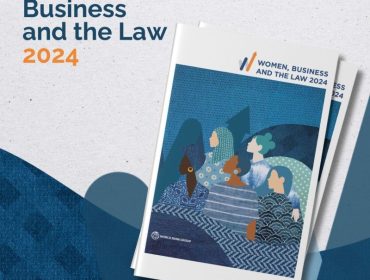
Fintech business lenders to self-regulate
February 27th, 2018 – A lack of transparency around fintech borrowing costs for small businesses has prompted the industry committing to adopt a code of conduct and standardised interest rate and fee disclosures.
The fintech sector hopes moves to self-regulate will help start-ups win trust and avoid concerns that helped prompt the royal commission into the banks.
The Australian Small Business and Family Enterprise Ombudsman, FinTech Australia and the Bank Doctor, an SME advocate, will drive start-ups to improve disclosures that will allow small business customers to compare total costs, understand obligations and penalties if payments are missed, and ensure disputes are dealt with quickly and fairly.
The moves come after a survey of the nascent industry, which currently is largely unregulated, found large variations in methods for calculating and disclosing the cost of loans.
It identified some questionable practices, such as contracts requiring borrowers to pay the full contracted interest amount of the loan on early repayment after borrowers were told there are no early repayment fees. The survey found lending contracts were often complex and half of the fintechs described disclosure as being “less than adequate”.
“The increased scrutiny on practices in the wider financial services sector has triggered consideration of the need for fintech industry self-regulation. Any misstep from a fintech lender could potentially damage the broader industry’s reputation and inhibit its ability to provide much needed financial support for SMEs,” says a report to be published by the three groups.
The fintechs will now develop an industry code of conduct, a glossary of common lending terms and standardised tools that will allow SMEs to compare the cost of borrowing. This will include introducing pricing conventions, including standard formulas for calculating the “annual percentage rate” (ARP). They will also agree to comply with the new Unfair Contract Terms legislation and adopt external dispute resolution services. Start-ups that comply will be endorsed by the ASBFEO.
Fintechs taking part in the plan include Banjo, Bigstone, Beyond Merchant Capital, Get Capital, Moula, OnDeck, Prospa, RateSetter, Sail Business Loans, Skippr, Spotcap and TruePillars. The majority of these players offer a fixed-term, unsecured loans. Some lend from their balance sheets, while others operate peer-to-peer lending platforms that open SME credit to outside investors.
Start-ups are struggling to make any serious dent in the market share of traditional lenders: the value of lending by fintechs to business was around $450 million in 2016, according to KPMG, a drop in the ocean compared with total bank lending to businesses of almost $346 billion that year. The survey found the most significant challenges facing the industry weree a lack of customer awareness, trust and the high cost of acquiring funds.
More… http://www.afr.com/technology/fintech-business-lenders-to-selfregulate-20180227-h0wpu3
Written by Financial Review
Photo: AdviseOnly
Related Post
Digital Entrepreneurship in Africa
Africa’s progress in entrepreneurship, digital innovation, and its young population lays a solid foundation for achieving the United N...
Women, Business and the Law 2024:...
Women, Business and the Law 2024 This year’s report, the 10th in the series, finds that women worldwide continue to have fewer legal r...
European Commission launched AI innovation package...
On 24 January, the Commission has launched a package of measures to support European startups and SMEs in the development of trustworthy Art...




